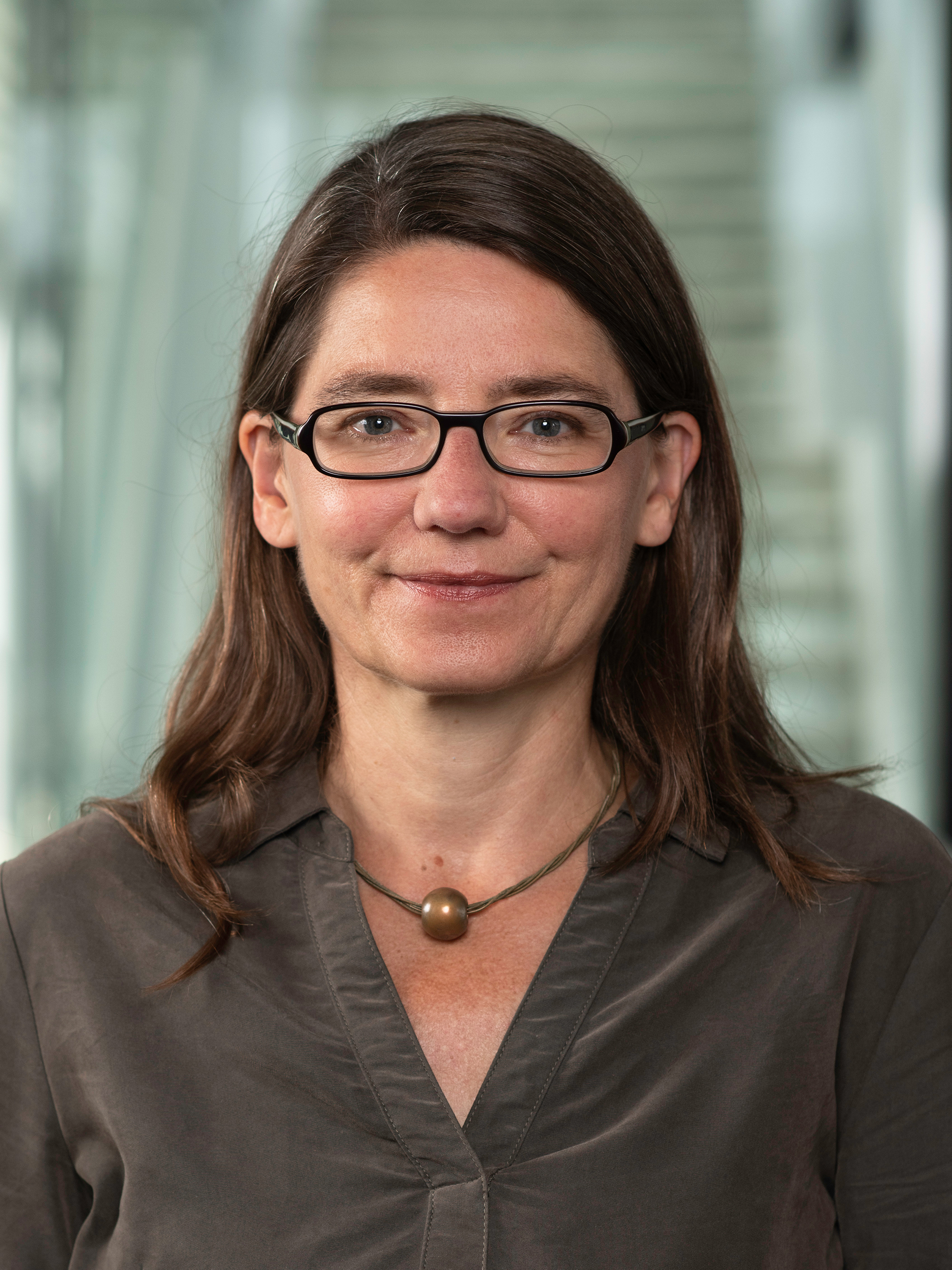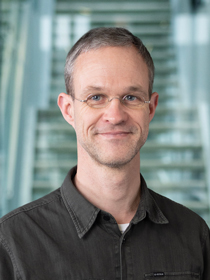SE W.1.05
University for Continuing Education
Dr.-Karl-Dorrek-Straße 30
3500 Krems
AUSTRIA
Download
Program (PDF)Collecting plays a prominent role as a practice of selecting, recording and structuring material and immaterial objects not only in the realm of museums and archives, but also in organizations. In the context of digital transformation and the rising use of generative AI, (“big”) data collection has become one of the most important competitive factors, seemingly paving the way for a further dematerialisation of both the economy and culture. Arguably, such an idea of the futures of collecting does not stand up to closer scrutiny. Furthermore, the excessive use of energy-intensive forms of computing, such as generative AI, is in stark contrast to the goal of sustainability and ecological transition. In this sense, the digital transformation raises numerous questions of how we will deal with our tangible and intangible heritage now and in the future:
- How do societies and organisations relate to their own histories (including identity and change) and to their accumulated repertoires of concepts and actions through collecting processes, in the context of an increasing entanglement of analogue and digital objects and collections?
- How do interactive forms of designing and presenting archives, collections and knowledge, e.g. through generative AI or Extended Reality (XR), reshape our approach to history, identity and the practices of collecting?
- Which objects and data will we (still) store in the future, and with which resources and technologies? And which data and processes is endangered to become ineffective, meaningless or even pointless in a changing environment?
The question of cultural 'big' data and knowledge production becomes particularly pressing in light of recent developments in the field of AI. Human forms of knowledge production are increasingly intertwined with machine learning—a development that risks transforming collecting from a socio-technical practice into a purely technological problem. This needs to be critically examined from a cultural, curatorial and organisational studies perspective.
Das Projekt wird aus Mitteln von CLARIAH-AT mit Unterstützung des BMFWF finanziert.
Program
|
DAY 1 |
Wednesday, 2nd July 2025 (SE W.1.05) |
|
10.30-11.00 |
Welcome address, introduction, organizational announcements |
|
11.00-12.30 |
Keynote 1 Classification, Hallucination, Fabulation: Some Preliminary Remarks on the Politics of AI |
|
12.30-13.30 |
Lunch Break |
|
13.30-15.00 |
Paper Session I AI for (digital) museums – an application-oriented overview Beyond the Hype: NFTs as Tools for Securing Tangible and Intangible Assets |
| 15.00-15.30 | Coffee Break |
|
15.30-17.00 |
Paper Session II (Hybrid) Art Bingo – A gamification project with object classification AI aimed to aid the loss of interest of visitors for artworks AI Will Sort It Out—But Only If We Get the Data Right |
|
17.00-17.30 |
Wrap Up Day 1 |
|
18.30-22.00 |
Dinner Heuriger Stein |
|
DAY 2 |
Thursday, 3rd July 2025 |
|
09.00-09.15 |
Welcome, organizational announcements |
|
09.15-10.30 |
Keynote 2 AI will… know? Navigating historical legacies and changing practices in a fragile world |
|
10.30-11.00 |
Coffee Break |
|
11.00-12.30 |
Paper Session III |
|
|
Seminar Machine: Habitat and the Dutch Architectural Archive |
|
|
Central Bank Museums – Institutional Memory and the Musealisation of Money |
|
12.30-13.30 |
Lunch Break |
|
13.30-15.30 |
Workshop Session I Collect. Code. Connect – The Innovative Museum Collection as a Knowledge Repository in the Digital Age |
|
15.30-16.00 |
Coffee Break |
|
16.00-16.45 |
Paper Session IV The perils and (potential) rewards of AI in digital catalogue raisonné development and use |
|
16.45-17.30 |
Wrap up Day 2 |
|
18.30-22.00 |
Dinner Salzstadl |
|
DAY 3 |
Friday, July 4th 2025 |
|
09.00-09.15 |
Welcome, organizational announcements |
|
09.15-10.45 |
Paper Session V Beyond ‚Check-box‘ AI Ethics – Contextualising Responsible AI for Cultural and Creative Sectors SUPERAGENCY – Archive Performativity and Resistance in the Age of Generative Standardization |
|
10.45-11.15 |
Coffee Break |
|
11.15-12.30 |
Panel Discussion Human-Machine-Interaction Perspectives on AI in the Museum Archive Context: Kiersten Thamm, Alex Formigaro, Leonardo Ruvolo, Chiara Zuanni |
|
12.30-13.30 |
Lunch Break |
|
13.30-15.00 |
Workshop Session II Shaping Digital Spaces of Opportunities – Entrepreneurship in the Balancing Act between Digital Platforms, Data, and Local Practice |
|
15.00-15.30 |
Coffee Break |
|
15.30-16.00 |
Wrap-up Day 3 & Summer School |
Organizers



